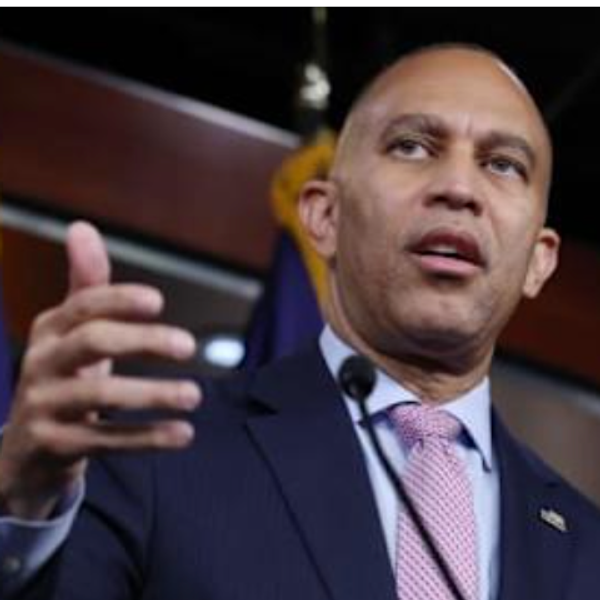Secret Justice Department Memo Justifies Assassination of Anwar al-Awlaki
A secret memo, written by Justice Department lawyers David Barron and Martin Lederman, provides a legal rationale for the assassination of Al-Qaeda propagandist Anwar al-Awlaki, according to the New York Times.
Al-Awlaki was killed in Yemen last month in an attack carried out by an unmanned CIA drone. His death was controversial, since unlike other suspected terrorists killed in Afghanistan, Pakistan, and Yemen, al-Awlaki was an American citizen born in New Mexico. Republican presidential candidate Ron Paul seemed particularly upset that the government was, in his words, “assassinating American citizens without charges.”
In fact, there are many laws and regulations that suggest al-Awlaki’s assassination would be illegal if he were not considered an Al-Qaeda operative fighting a war against the United States. These include Executive Order 12333 (which bans assassinations), 18 U.S.C. 1119 (which prohibits Americans from killing other Americans abroad), international rules of war, and the Fourth and Fifth Amendments to the Constitution. According to the Times, the memo considers all of these legal constraints, and finds that the assassination of al-Awlaki does not violate any of them.
That [executive] order, the lawyers found, blocked unlawful killings of political leaders outside of war, but not the killing of a lawful target in an armed conflict.
A federal statute that prohibits Americans from murdering other Americans abroad, the lawyers wrote, did not apply either, because it is not “murder” to kill a wartime enemy in compliance with the laws of war.
But that raised another pressing question: would it comply with the laws of war if the drone operator who fired the missile was a Central Intelligence Agency official, who, unlike a soldier, wore no uniform? The memorandum concluded that such a case would not be a war crime, although the operator might be in theoretical jeopardy of being prosecuted in a Yemeni court for violating Yemen’s domestic laws against murder, a highly unlikely possibility.
Then there was the Bill of Rights: the Fourth Amendment’s guarantee that a “person” cannot be seized by the government unreasonably, and the Fifth Amendment’s guarantee that the government may not deprive a person of life “without due process of law.”
The memo concluded that what was reasonable, and the process that was due, was different for Mr. Awlaki than for an ordinary criminal.








